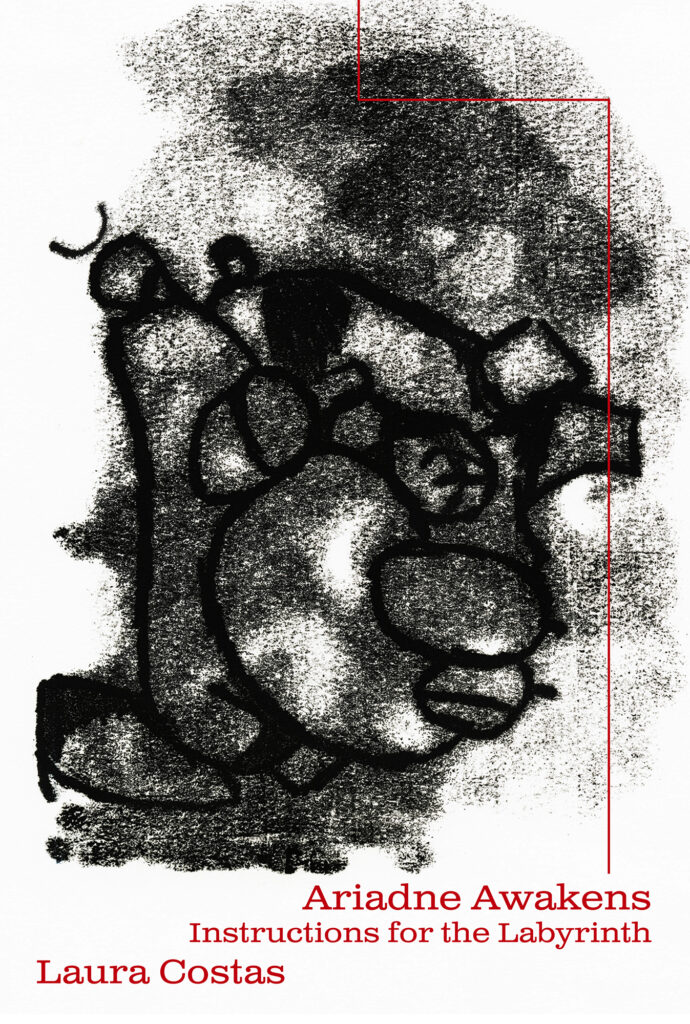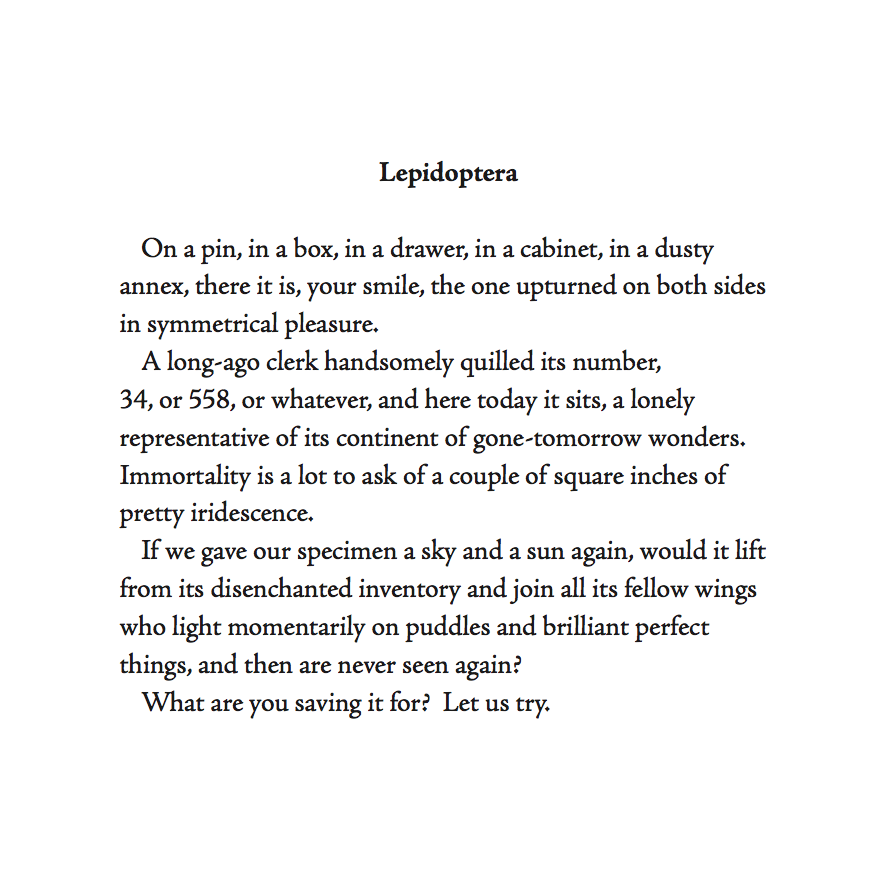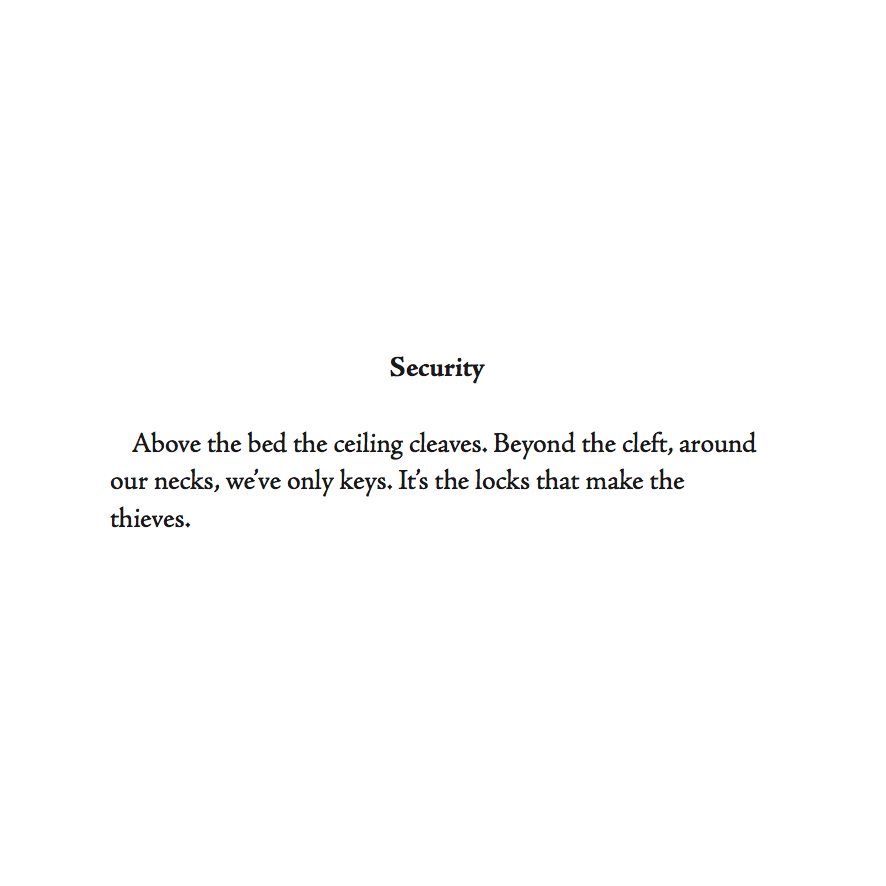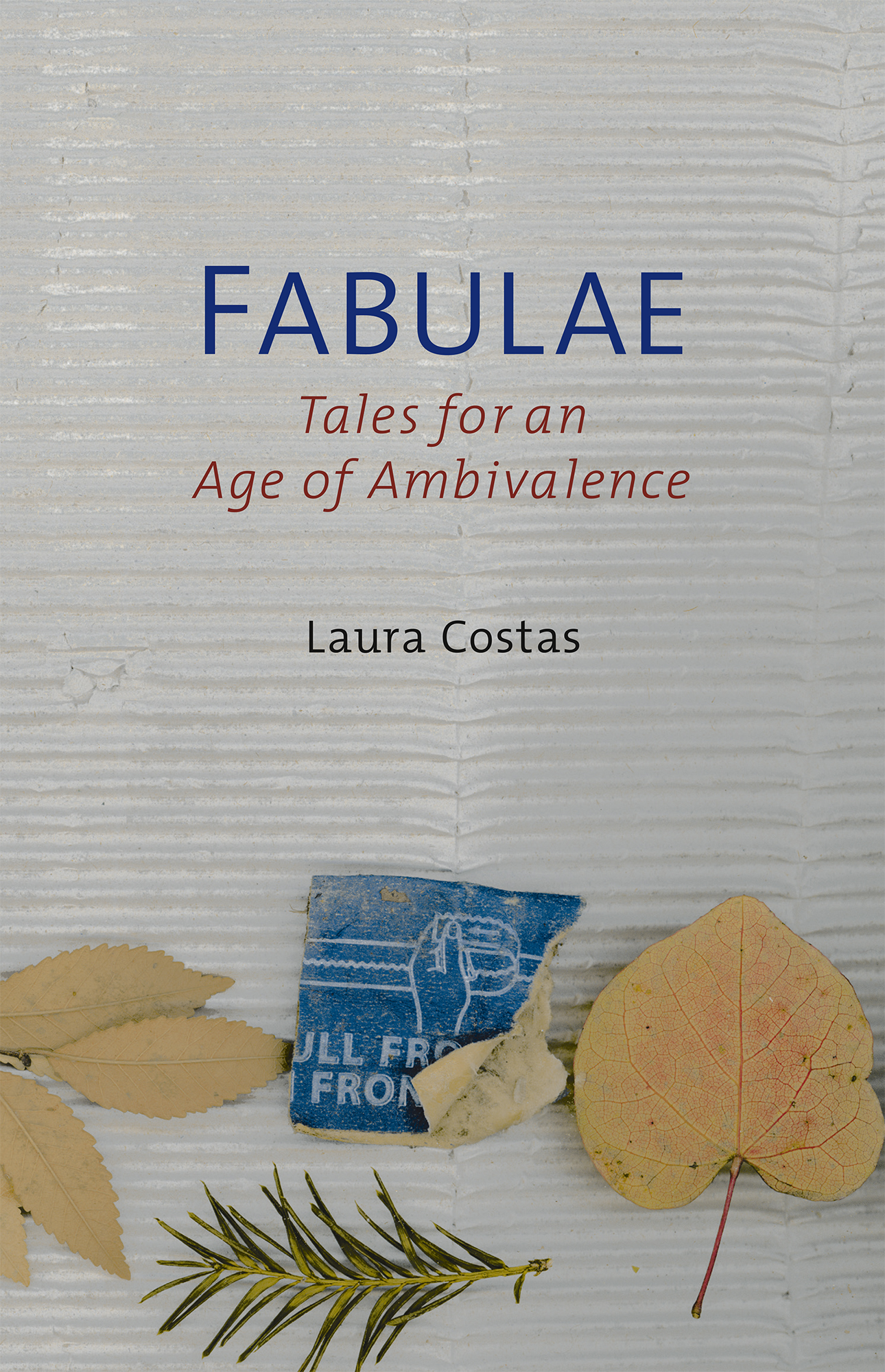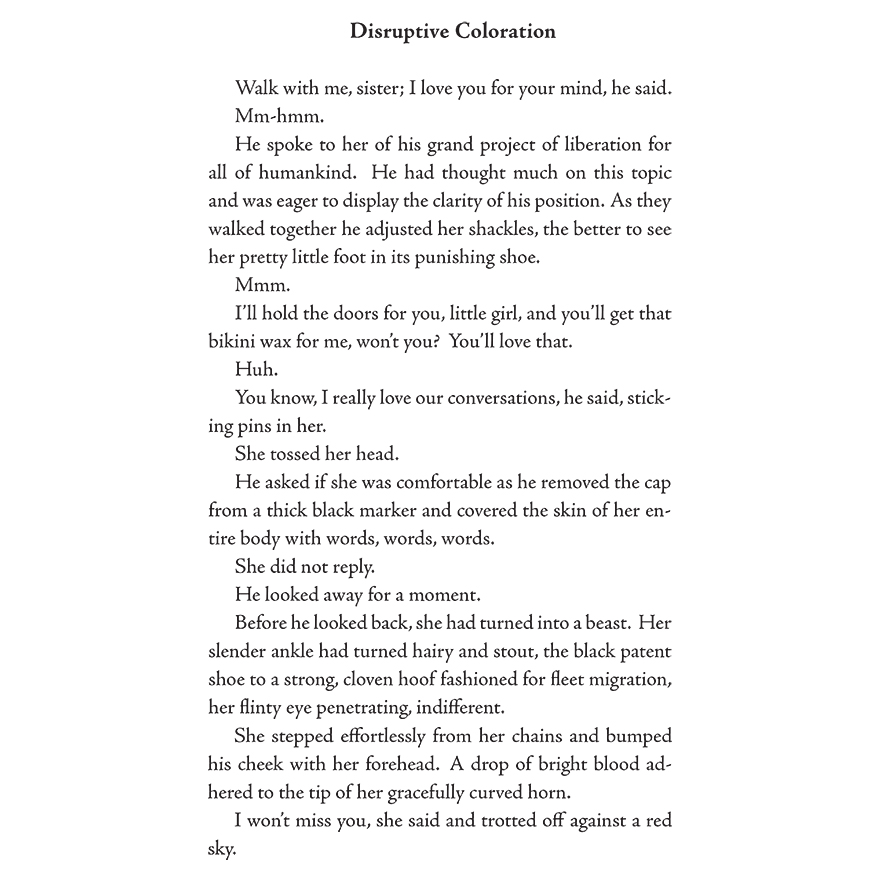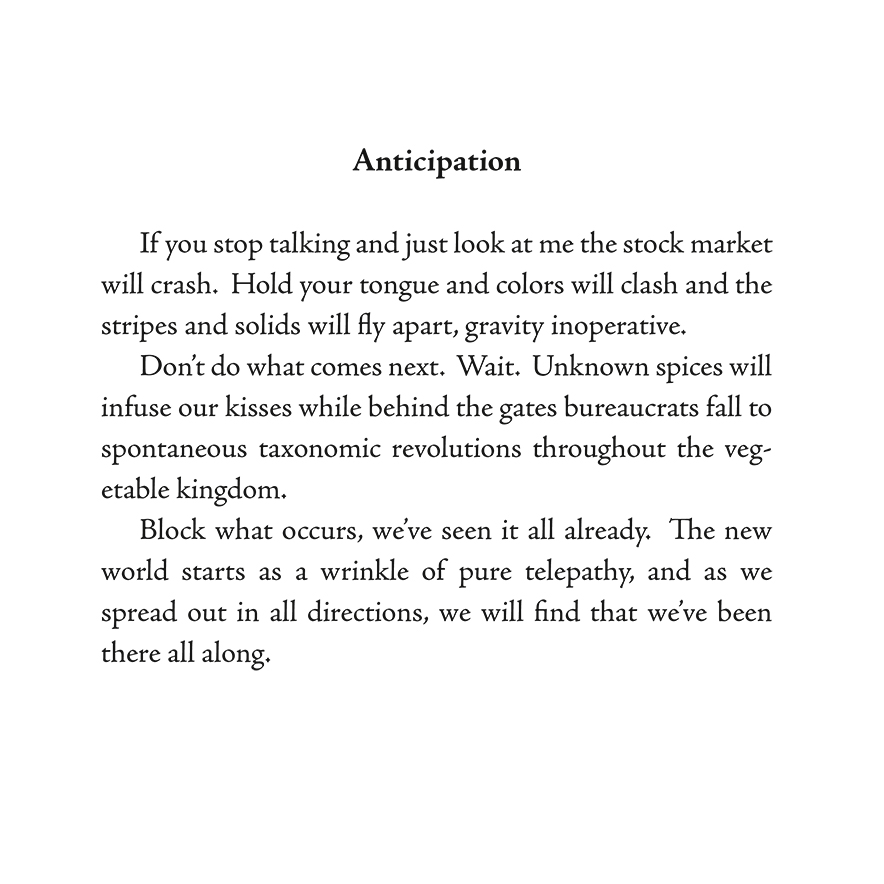ARIADNE AWAKENS
Instructions for the Labyrinth
In Ariadne Awakens: Instructions for the Labyrinth Laura Costas asks in her introduction “What does it mean to live outside of the imprisoning metrics of ideology?” She enacts the possibility of freedom in poems that continually defy expectations. This is beautiful, glistening work that keeps resisting our predictions, as in “Answering Machine”: “What I called to tell you can’t be told.” While she refuses to relax into settled patterns she gives us luminous shards of possibility as in her “Dream of a song whose lyrics consist entirely of the word Yes.” In poem after poem I kept finding myself voicing a grateful “Yes.”
—Lee Upton, author of Visitations: Stories and Bottle the Bottles the Bottles the Bottles: Poems
Purchase
Paycock Press | Amazon
Praise
The prose poems that make up Laura Costas’ Ariadne Awakens, Instructions for the Labyrinth rearticulate the myth of following, finding, losing and following again an invisible thread that connects body to body, body to soul, soul to soul—for our time of answering machines, voice mail, screens, clocks, gas stations and parking lots. These poems are in the imperative because they are directions, however open ended, so we can join her there.
—Anne Becker, Author of Human Animal
Laura Costas’s new prose poem collection, Ariadne Awakens Instructions for the Labyrinth wends its way through modern life examining the possibilities through the eyes of Ariadne, modernized and sloughing through the white noise of western culture. Equally elegiac and hopeful, Costas reminds the reader that connections to inherited ideologies can both be a maze and the minotaur, that abstractions and institutions can both trap and kill. These mazes and monsters are largely internal, though the external world is one maze in another maze in another maze, each rife with beasts. Largely, Awakens is an urgent spiritual call to awake from our entrapments and free ourselves from our own matrices
Listen to Laura read excerpts
Someone close to me has two smiles: one is full and fully committed and the other, the one I see most often, is lopsided, up on one side and down on the other; he’s holding something back.
What’s beyond the cracks in your ceiling?
Events and Other Goodies
Interview with Grace Cavalieri on The Poet and the Poem May 2022.
Interviews with U.S. Poets Laureate
Grace is always so generous and entertaining; what a pleasure to be included in this series!
Interview with John King on The Drunken Odyssey podcast.
Episode 514: Laura Costas! | The Drunken Odyssey
I had a great time talking with John in this in-depth interview. It’s a lot of fun, and he makes great observations.
Events:
featured author, The Gaithersburg Book Festival 2022
gaithersburgbookfestival.org
I’m very pleased to be in such great company among the many authors here at this year's festival!
featured poet, Reston Readings, 29 March 2022
Reston's Used Book Book Shop
restonsusedbookshop.com
Can’t wait to join two other excellent writers at an actual bookstore!
